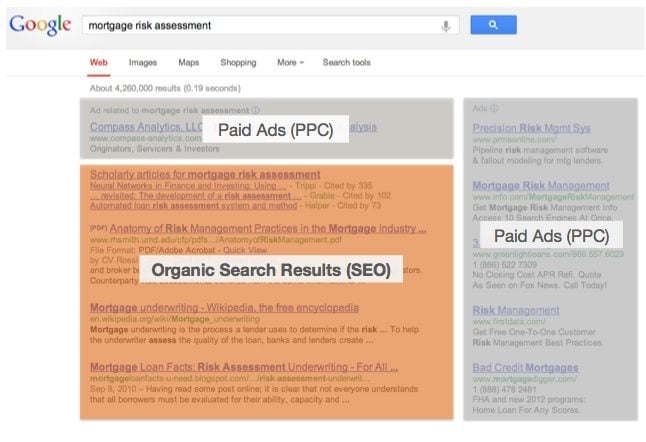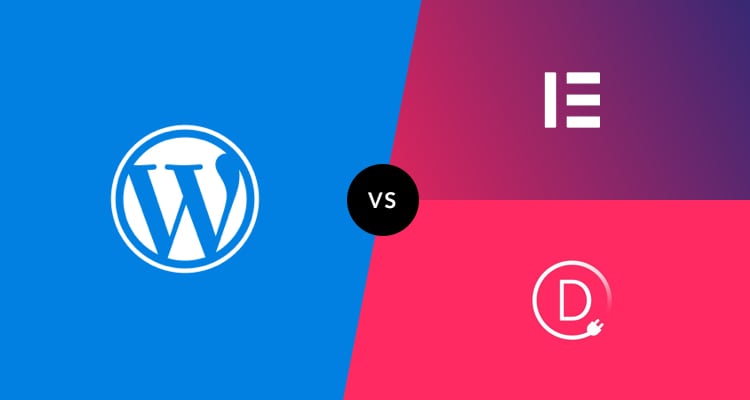Part 2 in our series on how to rock your marketing in 2013. Did you know that 75 percent of Internet users never scroll beyond the first page of search results? That means that if your business website doesn’t appear on the first page of search results, 75 percent of people making Internet searches are never going to find you. SEO (search engine optimization) is no longer an option—in fact, it’s possibly the most important thing that you’ll spend marketing dollars this year. Companies who are serious about increasing online lead generation in 2013 are investing heavily in SEO for business, improving their search rankings and being found on the web. Search engine optimization can get confusing, and is often used (incorrectly) as a catch-all term for inbound marketing services. That’s because SEO for business is confusing—it’s a highly detailed and precise process—but you don’t need to be an expert to wisely select an SEO team and start helping your company rank higher. Here are some FAQs that we hope will help you understand how you can put SEO to work for your business.
What’s the difference between SEO and PPC?
SEO refers to organic search traffic, while PPC (pay-per-click) refers to paid search results—the ones that appear in boxes at the top and right hand side of your search results page. Pay-per-click campaigns are done through Google AdWords, a program that will promote your page by placing it in one of those boxes on the search results page. You’ll pay Google for each click you receive, at a rate that depends on the competition for your search terms. Pay-per-click links are shown in the gray boxes in the image below, while the orange box contains organic search results. 
If SEO isn’t PPC, then what is SEO?
SEO for business is all of the things your SEO and web developer will do to your website to help it rank higher up the page in search engines like Google and Bing. SEOs start by doing exhaustive keyword research to come up with a list of search terms. Using these keywords, your SEO will optimize the backend code of your site, write tags, descriptions and headlines for your content, create new pages incorporating your search terms, optimize your existing content for search terms, and more. All of these tactics will help your site climb the search rankings for the selected keywords. Your site will be seen by more people and subsequently drive more sales leads. (In case you missed it: we predicted that more small businesses than ever will be getting serious about SEO when we were featured on the BuyerZone blog in their best of 2012 post.)
If we’re ranking for our company name, doesn’t that count as SEO for business?
No. Of course, it’s good to rank for your company name. But most of your potential customers aren’t searching for your company name, and chances are that anyone searching directly for your company name has some existing relationship with you. The people you want to get on your site are the people who are searching for your services, and those people are probably not searching for “Smith Dentistry” –they’re searching for “Dentist Portsmouth NH”. Quality SEO for business will get people to find you when they don’t already know the name of your business.
Isn’t SEO just about having some keywords on the site? Don’t we just need lots of keywords?
This method—annoying as it is—actually used to work pretty well. The web was riddled with keyword-stuffed pages that were terrible to read if you were, you know, human, but that did well in SEO rankings nonetheless. Google has since gotten a lot smarter. The current algorithm can tell when you’re simply cramming keywords into your copy willy-nilly and ignoring the fact that actual people have to read the text. A page that is badly keyword stuffed will actually be pushed to the no man’s land of the second or third page of search results, or in extreme cases even black listed, which means it won’t appear in search results at all. The best SEO copy now is high quality, educational content that happens to have a few well-researched keywords naturally integrated into the text.
Can you just “SEO” a site once and be done?
Not if you want it to continue to rank well for your search terms. You may see an initial bump when you first make a major investment in SEO, but it won’t last unless you have a consistent content creation strategy in place. Every month you should be adding fresh content to your site because Google rewards websites that continually post new and engaging content such as blog posts, case studies, whitepapers, videos, and infographics. (In case you missed it: we predicted that more small businesses than ever will be getting serious about SEO for business when we were featured on the BuyerZone blog in their best of 2012 post.) If you’d like to learn more about how you can put the web to work for you with SEO, check out our SEO services page or contact us for more information.




